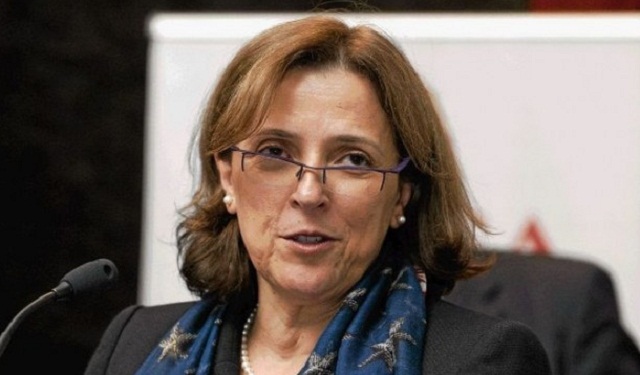
Rajesh Jha, the chief executive officer at Barclays Bank Uganda Ltd said the change in the bank’s brand will not affect its operations or its customers. He said the bank would continue implementing its programs and new products including; agent banking as well as leveraging on technology to grow revenues.
Background of Absa, Barclays
Founded in 1991, Absa is an amalgamation of various financial service providers including United Bank (South Africa), the Allied Bank (South Africa), the Volkskas Bank Group and certain interests of the Sage Group.
The following year, Absa acquired the entire shareholding of the Bankorp Group which included Trustbank, Senbank and Bankfin, thereby extending its asset base further.
However, each of the banks operated as independent entities until 1998 when they were fused into a single brand, adopting Absa as a brand identity.
In May 2005, UK’s Barclays purchased 56.4% stake in Absa as part of its drive to expand its global product and international retail and commercial banking businesses to untapped markets outside the UK.
It was also a return to the South African banking market, 20 years after being forced out by the anti-apartheid protesters. Barclays called the transaction at the time of its largest investment outside the UK and the largest ever direct foreign investment in South Africa.
And in 2013, the group acquired the entire issued share capital of Barclays Africa Limited and issued 129.5million consideration shares to Barclays Africa Group Holdings Limited (a wholly owned subsidiary of Barclays) thus increasing the shareholding of Barclays Bank PLC to 62.3%.
The consideration shares were listed on the Johannesburg Stock Exchange from the commencement of trading on July 31, 2013. The name was later changed from “Absa Group Limited” to “Barclays Africa Group Limited” effective August02, 2013.
But in Feb 2016, Barclays PLC CEO, Jes Staley, announced that the British bank was exiting the African market in a bold move to refocus its core business in UK and the US.
The bank cited various risks including slowdown in the African economies, currency devaluation, risk of corruption and misconduct as some of the factors for the exit.
 The Independent Uganda: You get the Truth we Pay the Price
The Independent Uganda: You get the Truth we Pay the Price



